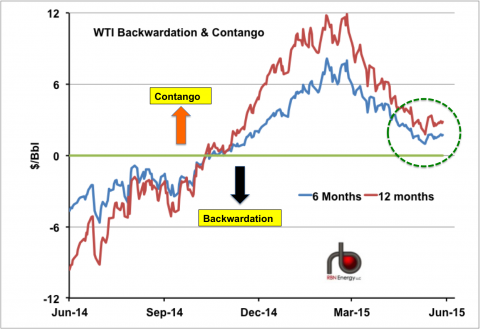Update below.
Original post:
The older he gets the more rational Mr. Gates sounds.
Except here.
Unless he is aware of some bio-based breakthroughs that I am not, and there is every chance in the world that he is, the stuff we lump under the rubric of "Technology" does not hold a candle to what took place between, say, 1880 and 1920.
Among other things general electrification made the idiomatic phrase "Hold a candle to..." obsolete.
I've probably mentioned the potential of materials science and manufacturing technology as the basis for the next economy a hundred times on this blog but as of June 25, 2015 the promise of graphene and other metamaterials is still just a promise and the robots are just now coming into their own, 5 to 10 years behind where they could have been.
As an aside, kudos to the headline writer for playing off of
Kahneman.
From FT Alphaville:
Innovating fast or slow? Gates vs Wolf edition
At the FT’s 125 forum
on Wednesday night, Bill Gates, Microsoft co-founder and Bill &
Melinda Gates Foundation co-chair spoke with the FT’s editor Lionel
Barber about topics as far ranging as philanthropy, AI, climate change
and management.
But if there was one core takeaway
from the evening’s discussion it was Bill Gates’ adamant stance on the
pace of innovation, which he described as currently taking place at its
fastest rate ever. All this, he suggested was leading to a
“supply-side miracle” with hugely deflationary consequences for the
global economy as a whole. (A truncated version of the interview is now
available here.)
Gates further referenced the fact that in some ways the world still
lacks clarity on how deflationary technology influences economies or
economic systems. Whilst he steered clear of making the claim that the
digital revolution can lead to a zero marginal cost world, he did
suggest it could get quite close to it.
Furthermore, echoing the views of Google’s AI Deepmind team,
he stressed technological advancement — ideally funded on the R&D
level by public governments because whilst billionaires like him can offer a lot of support, they can’t tilt the playing field alone — would be key to solving the climate change challenge.
(*Sadly nobody asked him whether being annihilated by a rogue
climate-change-solving AI which equates climate change with “the people
virus” is a greater existential threat to humanity than climate change
alone.)
But perhaps it’s also the case that none of the above might ever
happen either way, because Gates perspective on the rate of innovation
is wrong.
Innovating slower than Bill thinks we are
Juxtapose his view, for example, with that of the FT’s Martin Wolf, by way of his latest piece for Foreign Affairs entitled “Innovation and growth: same as it ever was“....MORE
Update:
Follow-up--Q&A With Bill Gates: Robots, Uber and the Role of Government
